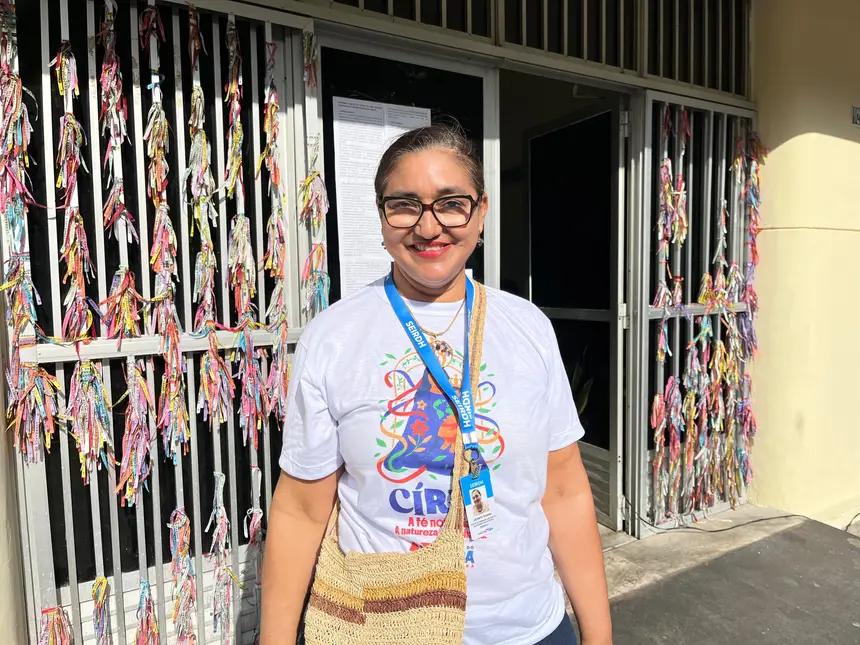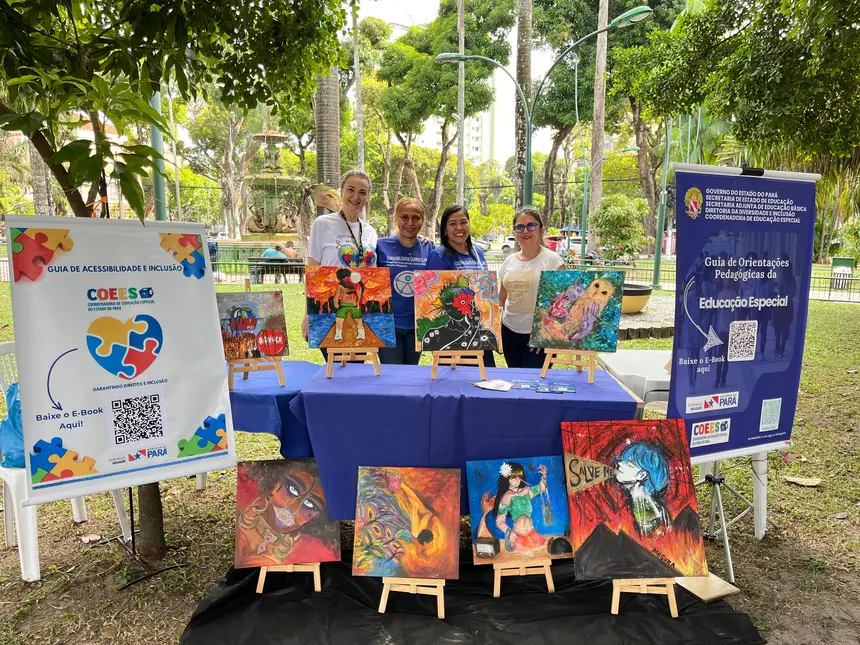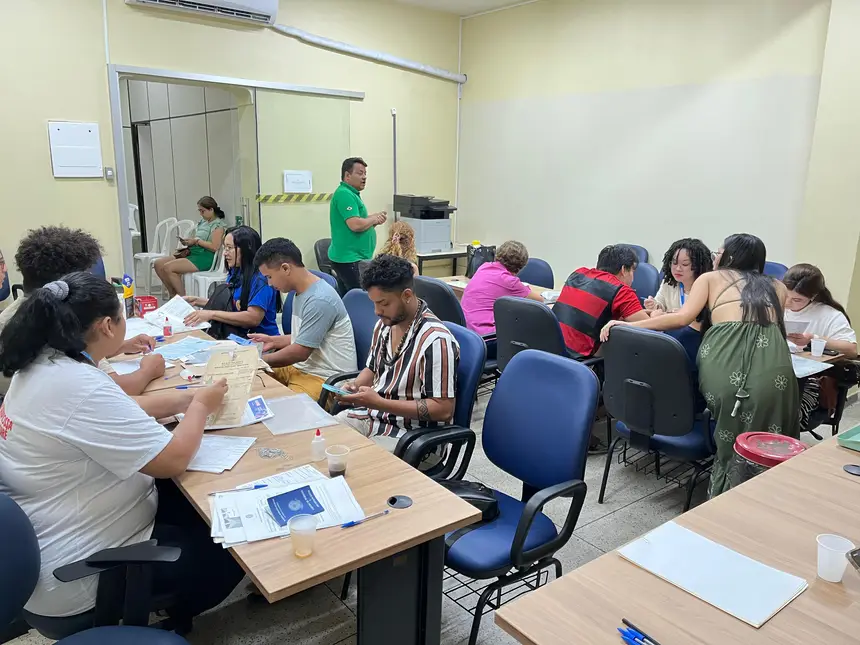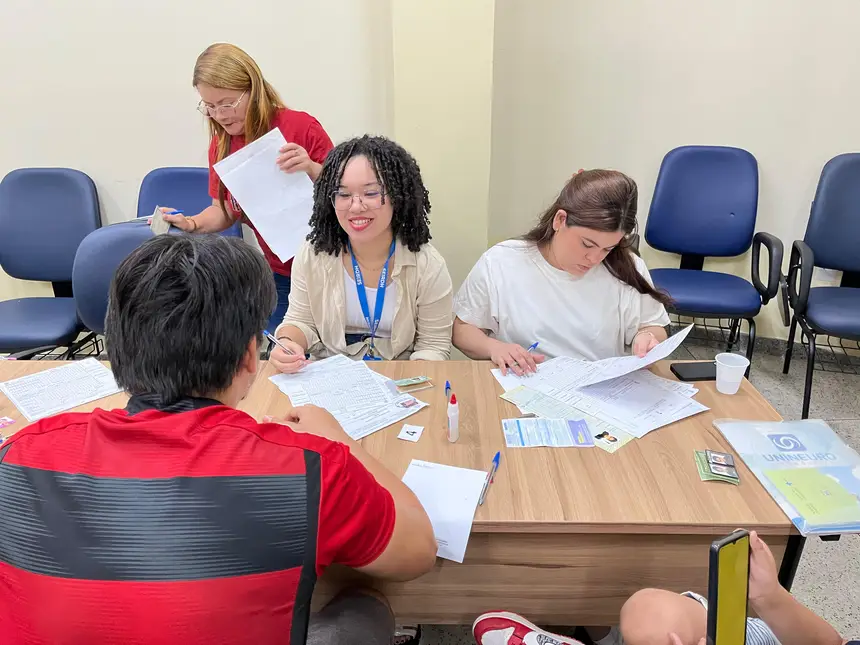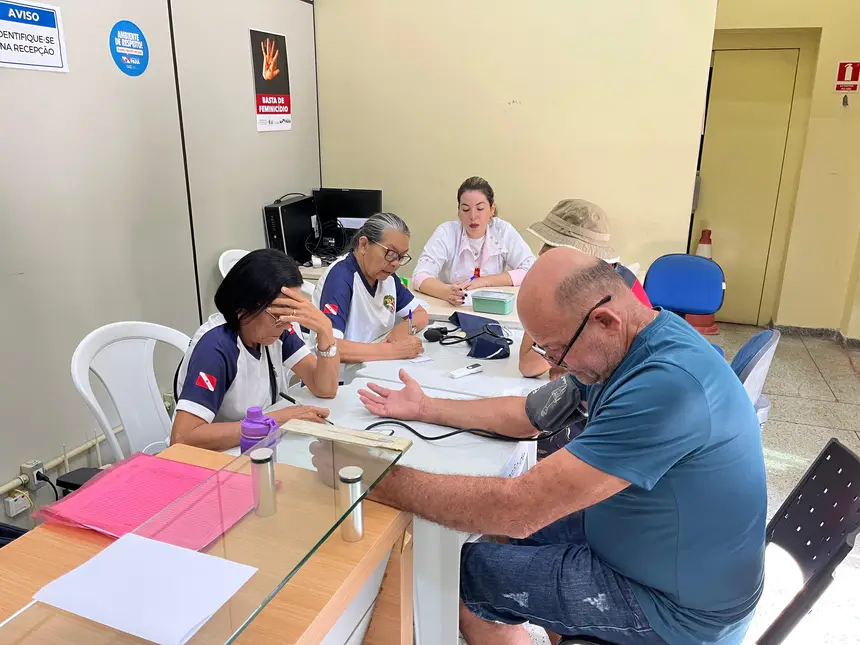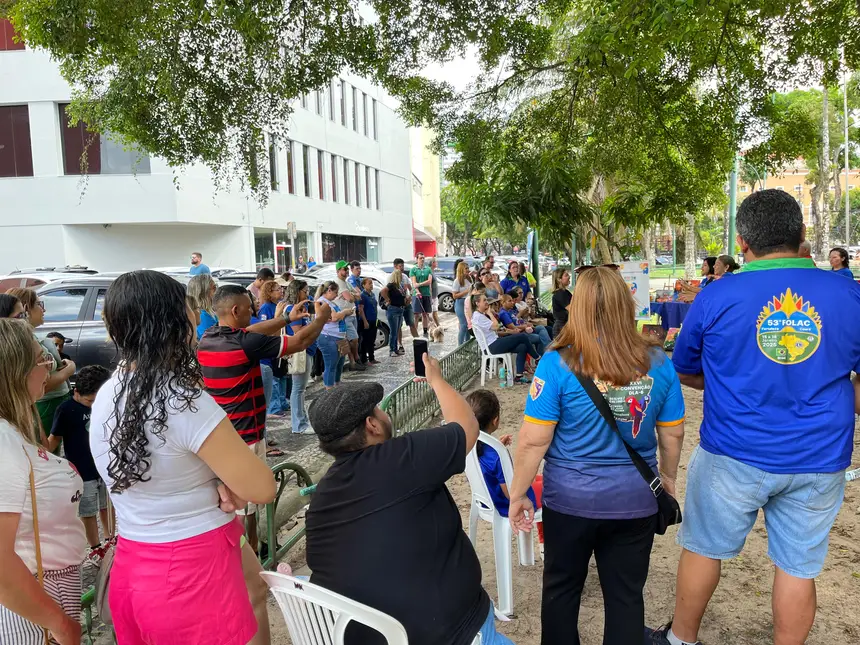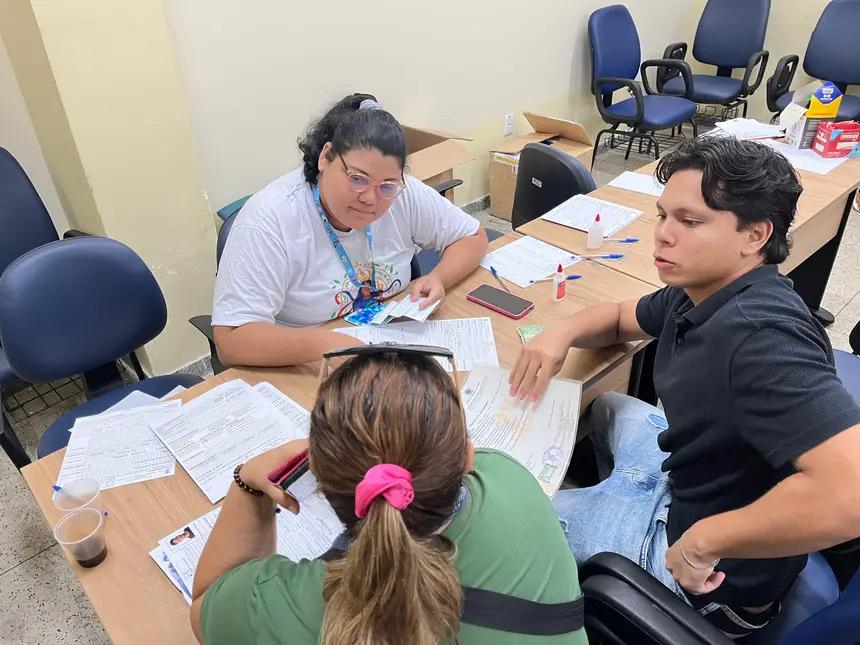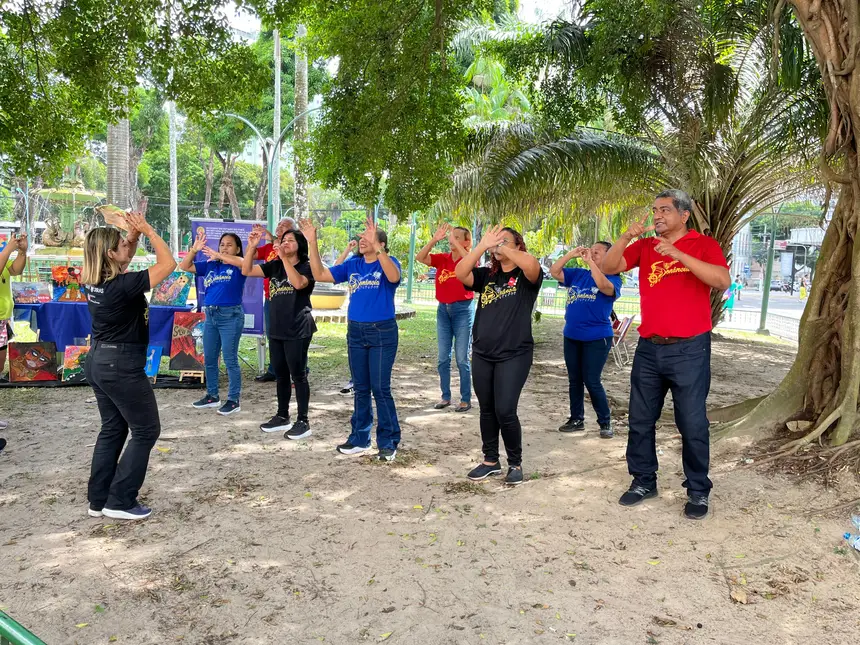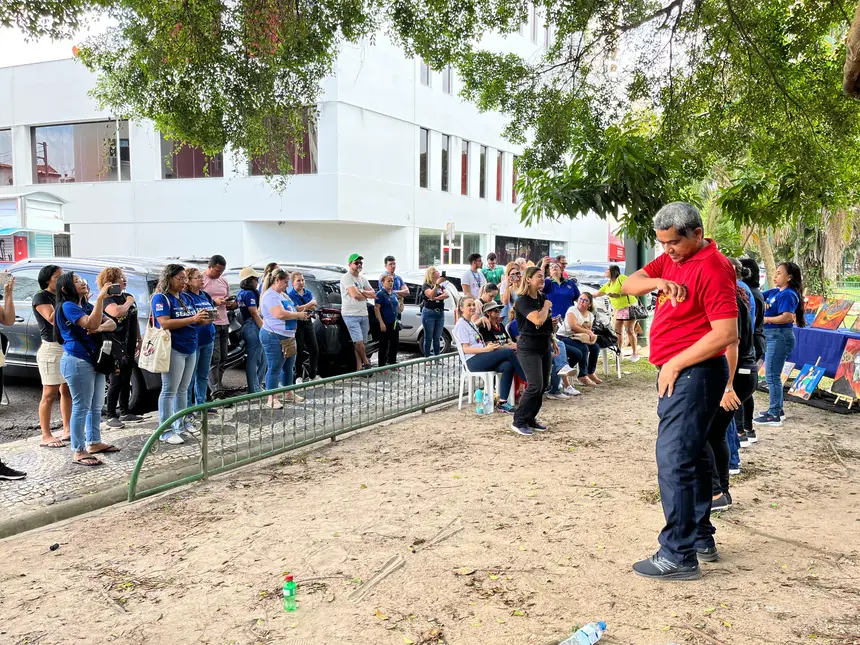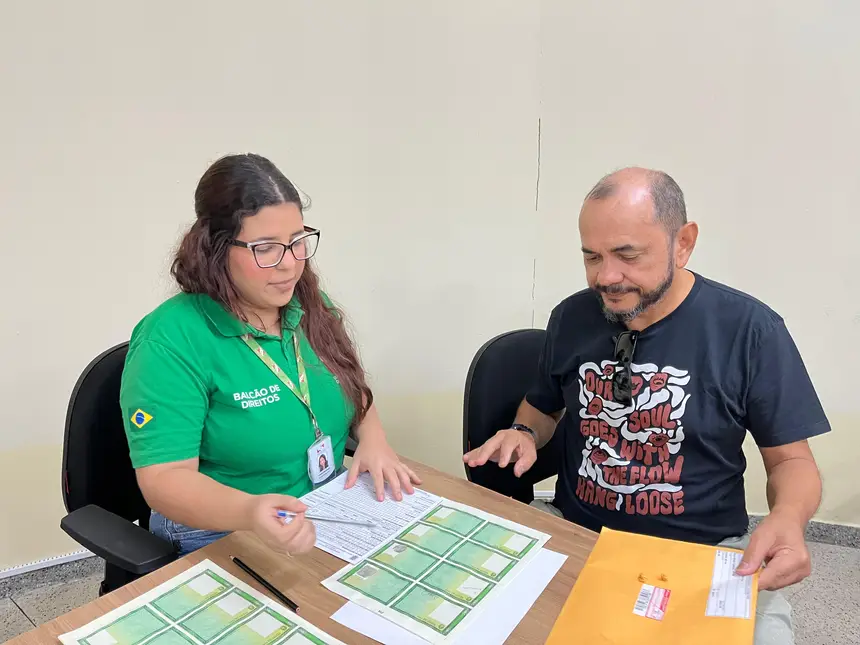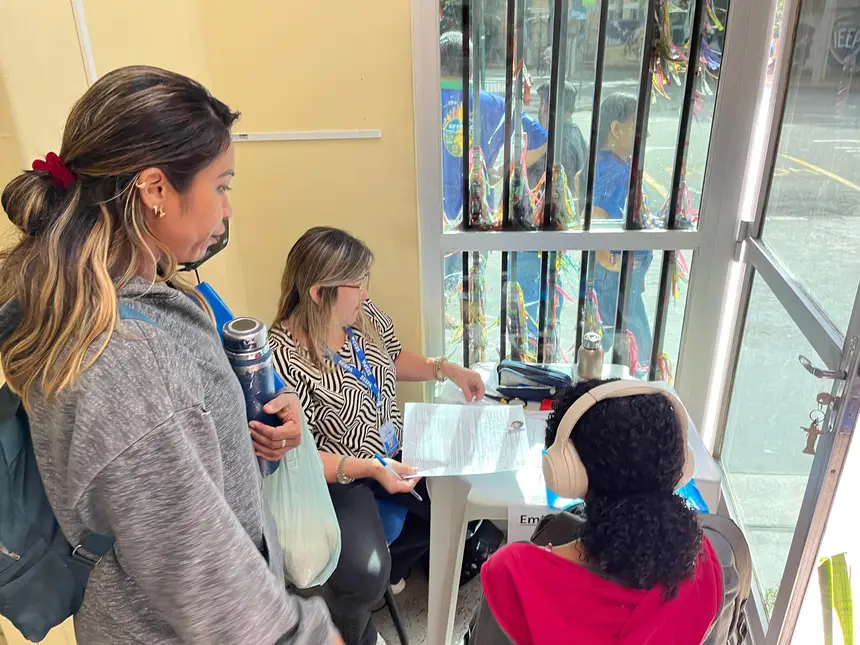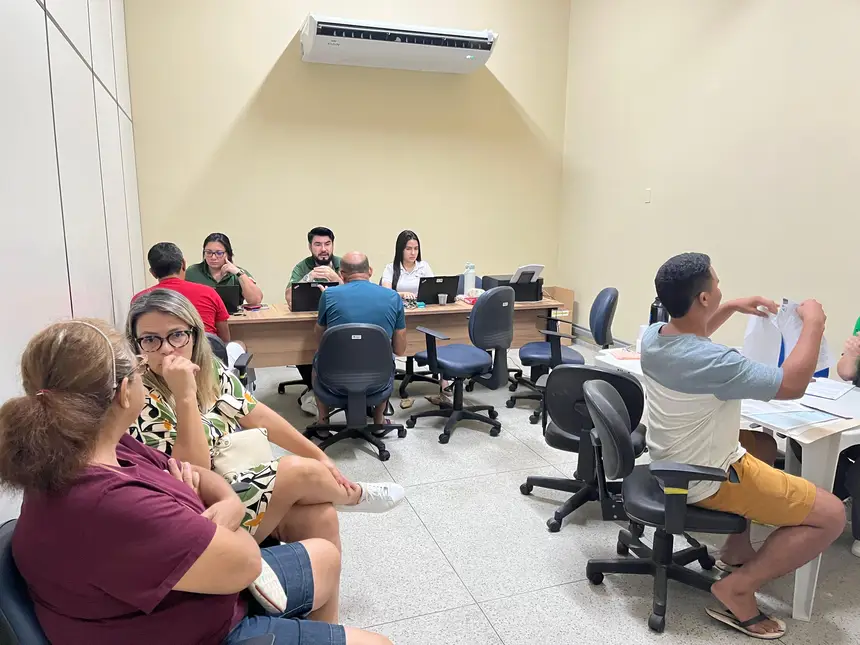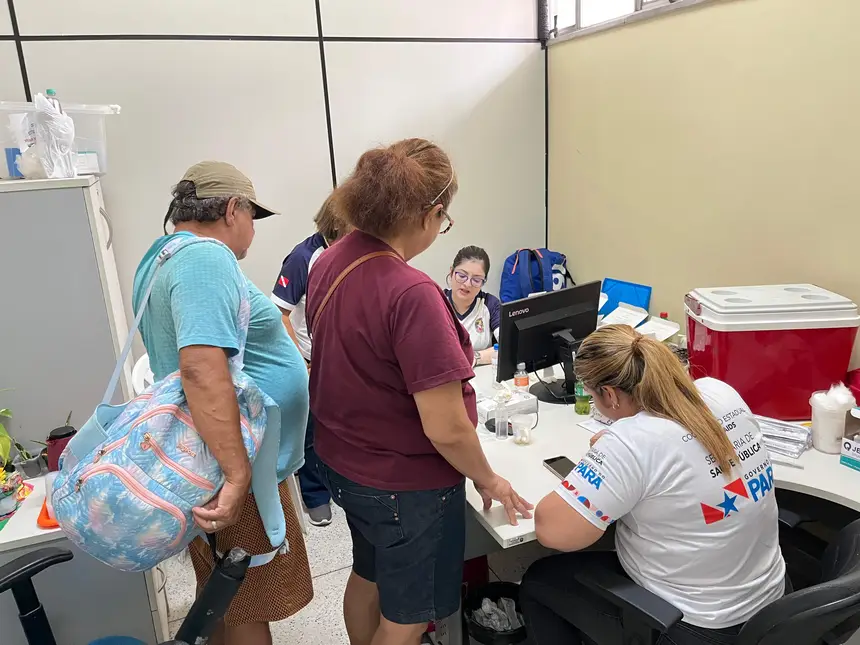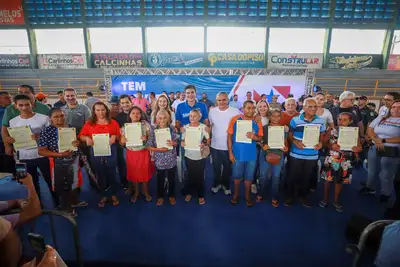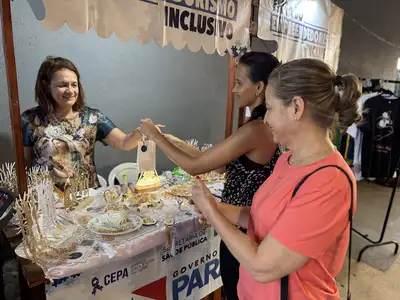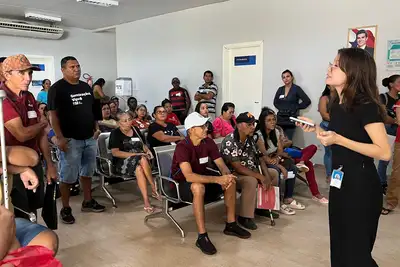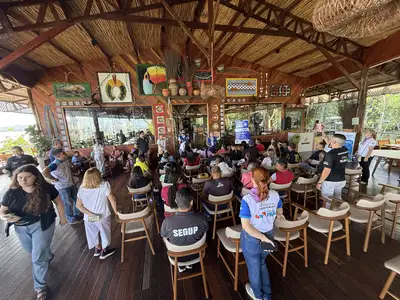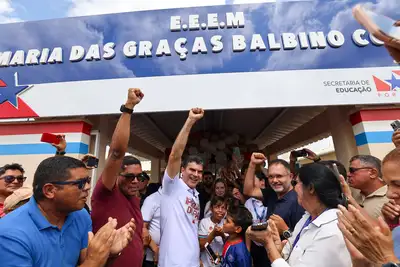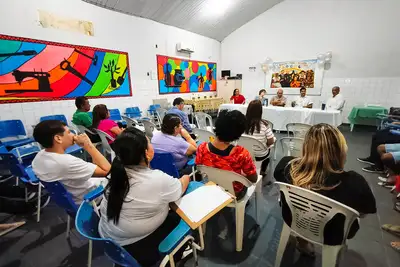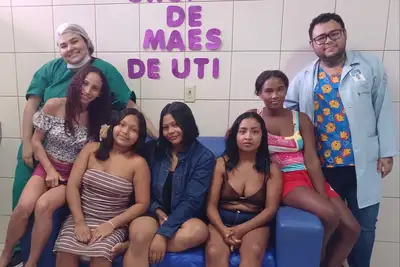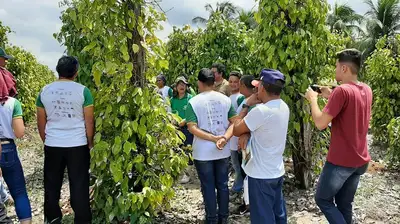Citizenship and health action celebrates National Day of Struggle for People with Disabilities
Seirdh ensured health services, document issuance, legal guidance, and cultural programming to strengthen the rights of people with disabilities
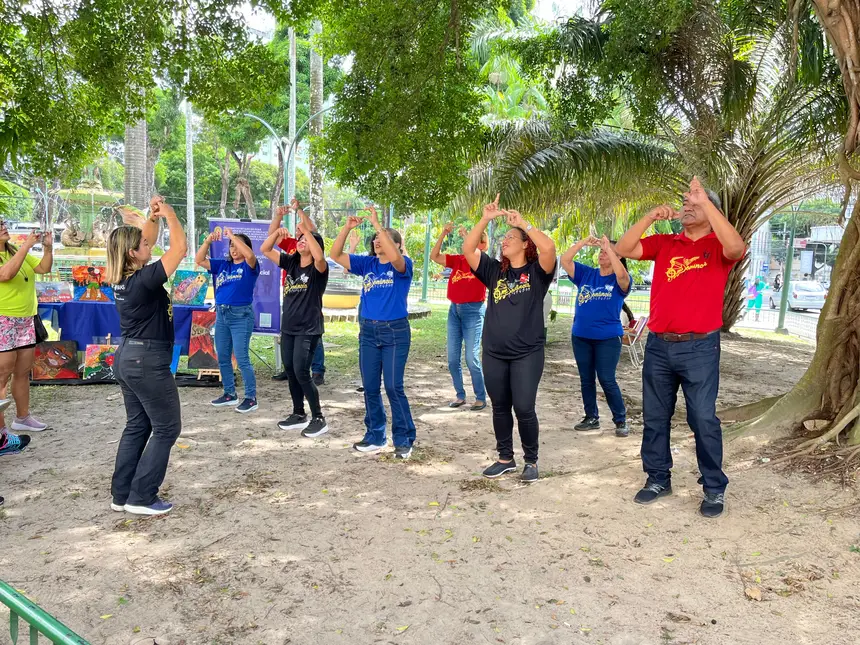
On this Sunday (21), the Government of Pará, through the State Secretariat for Racial Equality and Human Rights (Seirdh), promoted a large action in homage to the National Day of Struggle for People with Disabilities aimed at promoting citizenship and health. The action took place in the morning, at the Seirdh building and at Praça da Sereia, on Avenida Presidente Vargas, in front of the secretariat building itself.
The action offered a series of essential services to people with disabilities and was supported by the State Secretariats of Health (Sespa), Education (Seduc), Social Assistance, Labor, Employment and Income of Pará (Seaster); the Public Defender's Office of the State (DPE) and the State Council for the Rights of Persons with Disabilities (CEDPDPA).
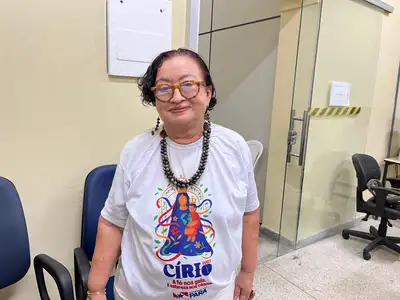
There was issuance of free passes, legal assistance on rights issues, and issuance of documents such as CPF, ID, and birth and marriage certificates. “This action reflects the ongoing commitment of the Government of Pará to inclusion and respect for the rights of people with disabilities. Services that are essential to ensure a more dignified and accessible life for those who often face barriers to accessing basic rights were offered,” emphasized Edilza Fontes, head of Seirdh.
There were also vaccinations, rapid tests, and blood pressure checks. Jacinete Teixeira, manager of the Promotion of Rights of Persons with Disabilities at Seirdh, highlighted the importance of the event. “The National Day of Struggle for People with Disabilities is a date to highlight the need for profound changes in society, in order to ensure that people with disabilities have full social participation. This action is an opportunity to promote rights and raise awareness among the population for respect and inclusion,” she stated.
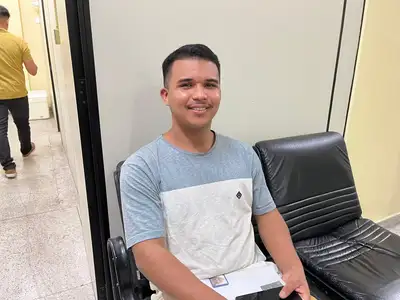
Opportunity - University student Adriel Furtado took advantage of his free Sunday to update his documentation. He learned about the action through a friend and did not think twice. “This action is important because nowadays it is very difficult to get an ID issued. There are financial issues and also a long wait in lines. The demand is always high in other places. I took advantage of my free Sunday to come here and get my ID. Everyone has a routine that sometimes hinders the logistics for issuing a specific document. Besides a good day and time, the location is also accessible as it is in a square with many available routes,” he highlighted.
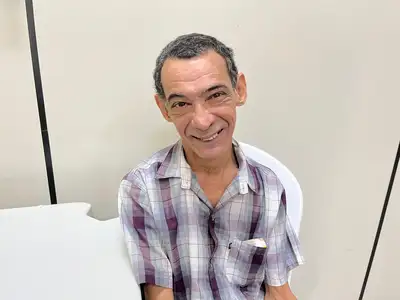
Guide - The action highlighted the importance of the date and distributed the anti-ableism guide produced by Seirdh in partnership with the Amazonian Association for Technological and Social Development for People with Disabilities and Neurodiversity (Asteden). The president of Asteden, Carlos Amilcar, was present and congratulated the initiative. “I am pleased to have participated in this action and to see how it was thought out. Many people with disabilities were benefited. We have a partnership with Seirdh through the project 'Education of the Inclusive Gaze' that seeks to give visibility to initiatives, artistic manifestations, and expressions of people with disabilities and neurodiversities. We also develop activities at the Peace Factories. These are important partnerships that promote the citizenship of people with disabilities,” he emphasized.
For university student Willian Andrey, the guide is essential for combating ableism. According to him, the lack of debate on the subject is one of the main gaps in the awareness process. “We know a lot about racism and bullying, but little is said about ableism. Unfortunately, society often judges that a person with a disability is incapable of leaving home or having a relationship, but we know that is not true. This guide teaches what ableism is, gives examples of ableist attitudes, and corrects terms that are wrongly reproduced in society,” he said.
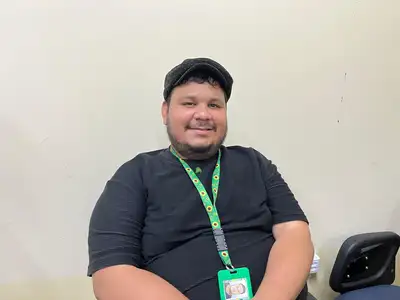
Willian felt honored to have been very well received at Seirdh. “As a person with a disability, it is an honor to be welcomed here at Seirdh, because many times we do not have access to institutional spaces. We face many barriers within this process. It is significant for this secretariat to carry out an action of citizenship and health. We feel welcomed and see ourselves included in the public agenda. This gives us autonomy to be able to obtain documentation, guarantee citizenship, and mainly ensure rights, which is fundamental for us to advance,” he argued.
Culture - The cultural programming held at Praça da Sereia, in front of the Seirdh building, was provided by the Sonância Group, which presented various hits from Pará's music, such as “Beba Doida” and “Voando pro Pará,” interpreted in Brazilian Sign Language (Libras). The presentation promoted accessibility, entertained, and animated those passing by.
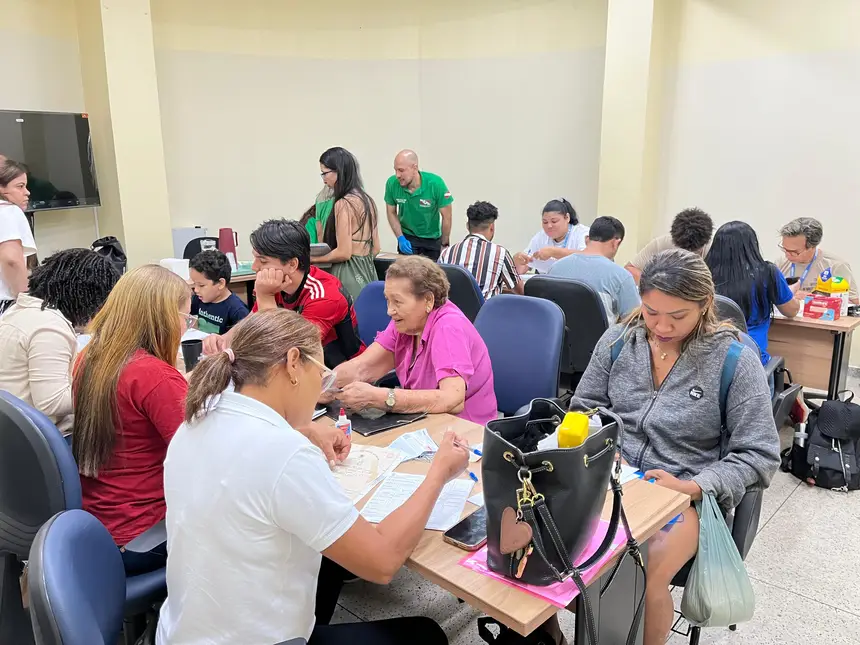
There was also an exhibition of paintings made by atypical students from the state education network. The coordinator of the Center for High Abilities and Giftedness (NAAHS), from the Center for Specialized Educational Assistance (CAEE), of the Secretary of Education of Pará (Seduc), Lícia Oliveira, explained that the works were created from the art workshop. “We have a showcase of the talents of these students. We are producing intensely and are open to all students in the state education network who need identification, evaluation, and follow-up for high abilities as well. We work with supplementation and curricular enrichment,” she emphasized.


